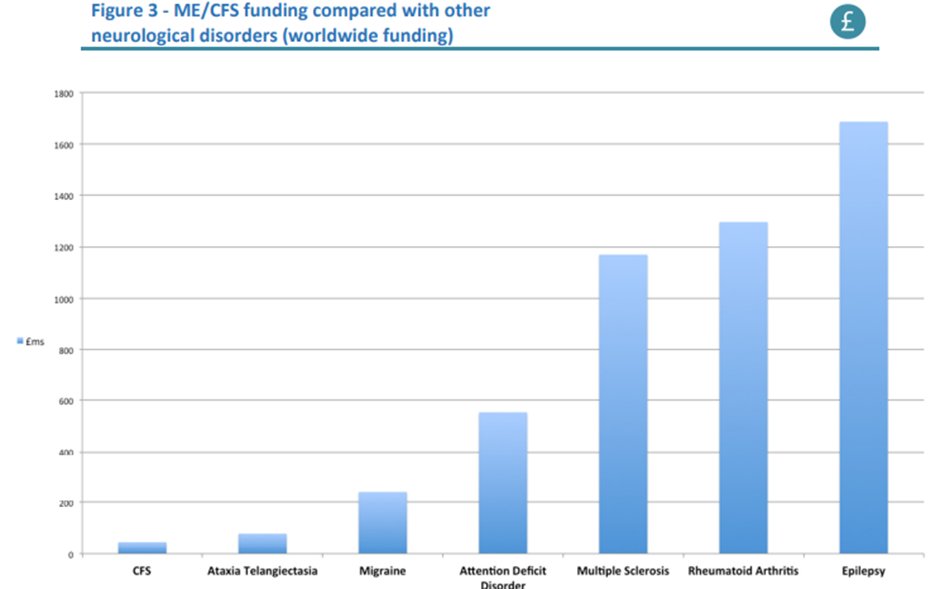
#severeMEDay
50 years ago, my mother became ill with severe #mecfs. She was sent from one physician to the next and so heavily gaslighted that she stopped seeing medical doctors altogether. As a child, I only knew her bedridden in a dark room.
1/16
50 years ago, my mother became ill with severe #mecfs. She was sent from one physician to the next and so heavily gaslighted that she stopped seeing medical doctors altogether. As a child, I only knew her bedridden in a dark room.
1/16
My mother is one of the strongest people I know. As a young nurse, she set up a mobile clinic in a remote region in Africa with no access to medical care. Back in Europe, seriously ill herself with no treatment, she felt she could just as well have stayed in rural Africa.
2/16
2/16
Three years ago, one of my twin daughters, Mila (then 16), became ill with #mecfs. Since Nov. 2021, she has been even more severe than my mother has ever been, fully bedridden in a dark room, too weak to talk or be talked to, needing the little energy she has to just survive.
3/
3/

We fight every day to keep her alive and from further deterioration, and we desperately need medical support. But most physicians know nothing about this complex, severely disabling illness, classified as neurological by the WHO in 1969 (ICD-10 G93.3).
4/16
4/16
We cannot take Mila to a hospital – she is too ill to tolerate a stay, but also: there is NONE with specialized care for #mecfs in all of Austria. In emergencies (when she is too weak to eat or in severe pain) we are entirely on our own.
5/16
5/16
Thus, not much has changed from 50 years ago. Although not rare and massively debilitating, #mecfs is still one of the most poorly understood diseases –
6/16
6/16
because it is still one of the most ignored and underfunded diseases. It will take a massive effort to make up for the neglect of the past 50 years.
7/16
7/16

Limited progress is exclusively due to a handful of courageous and dedicated physicians and researchers who all could have chosen easier career paths (personal thanks to @C_Scheibenbogen, Ron Davis & @JanetDafoe, @BhupeshPrusty, @neurostingl).
8/16
8/16
With billions spent on the pandemic and #mecfs being the most severe form of #LongCovid, my husband and I had a glimmer of hope that Mila would benefit from a surge in research. What kept her going was the hope that treatment was on the horizon.
9/16
9/16
But our hope is dwindling, when we see how denial and inaction continue:
+ None of the German and Austrian petitions’ requests have been implemented.
10/16
+ None of the German and Austrian petitions’ requests have been implemented.
10/16
+ @Karl_Lauterbach knows #mecfs, but is strangely reluctant to even mention the disease, let alone launch an awareness campaign to finally stop the gaslighting.
11/16
11/16
+ @johannes_rauch conveniently choses to ignore #mecfs altogether.
+ @bmsgpk claims against all evidence that Austrian #mecfs patients are perfectly taken care of by family doctors and no specialized care is needed.
12/16
+ @bmsgpk claims against all evidence that Austrian #mecfs patients are perfectly taken care of by family doctors and no specialized care is needed.
12/16
+ @degampraesident thinks that #LongCovid is already talked about too much, instead of pushing for quality care and a state-of-the-art guideline for #mecfs (cf. @NICEComms).
13/16
13/16
+ @EU_Commission forever delays making good of their promises after the #mecfs resolution of the EU parliament > 2 years ago.
14/16
14/16
I admire our daughter’s determination to live and heal every day. But after > 600 days of darkness, isolation and severe suffering, I don’t see how anyone could keep going in the face of utter ignorance.
15/16
15/16
So: When Mila cries out in despair and fear and urgently needs some hope – WHAT CAN I TELL HER?
16/16
16/16
• • •
Missing some Tweet in this thread? You can try to
force a refresh



